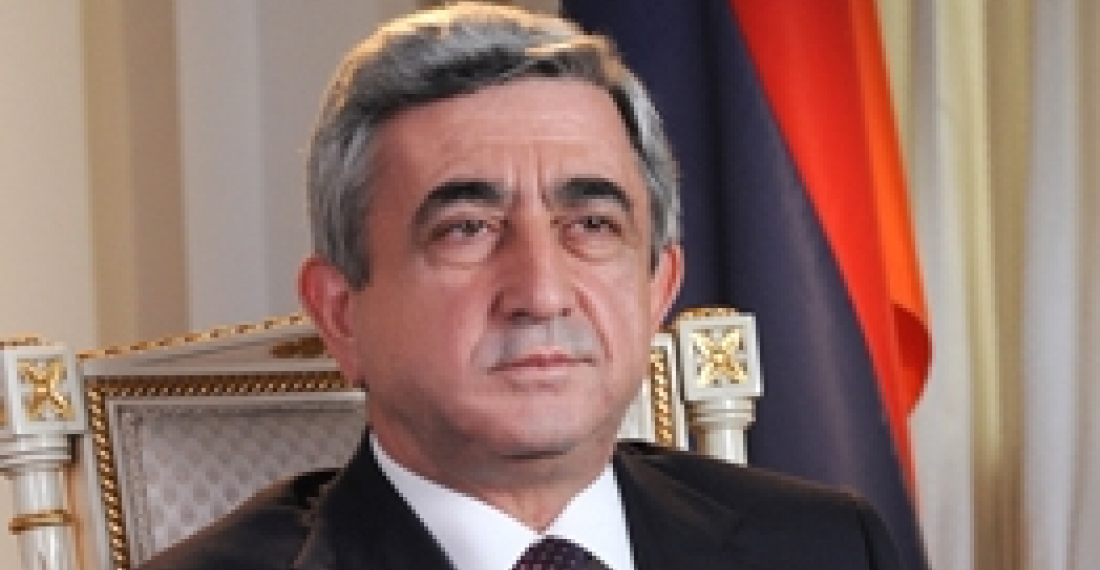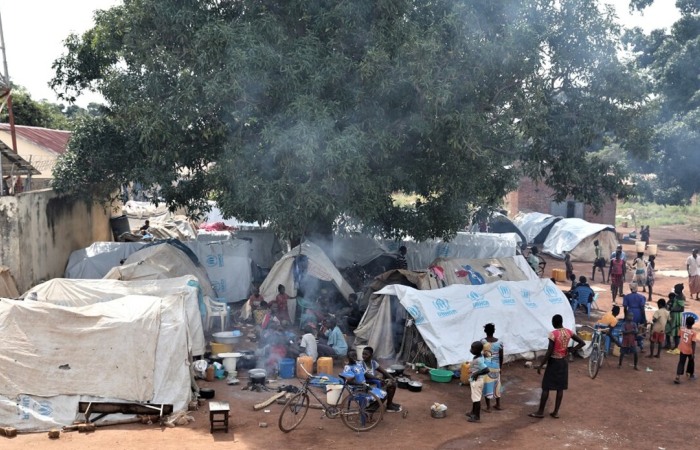Решение властей Советов передать Нагорный Карабах Азербайджану отчасти привело к тому, что Армения стала одной из площадок, где начался процесс распада Советского Союза. Об заявил президент Армении Серж Саргсян в интервью газете «Московские новости».
"На заре советской власти кавказское бюро Коммунистической партии Советского Союза приняло решение о выделении из состава Армении ее исторических областей Нагорного Карабаха и Нахичевани и передачи этих регионов в состав Азербайджана. Никогда, в первую очередь, в Нагорном Карабахе, мы с этим не соглашались. В Карабахе постоянно протестовали против этого незаконного решения. В период Горбачева, перестройки, протест стал более предметным", - заявил Саргсян.
Комментируя основные достижения за 20 лет независимости Армении, Саргсян назвал сохранение стабильности.
"Наряду с проблемами перевода экономики с накатанных рельсов плановой на рыночные, мы должны были обеспечить безопасность населения. Азербайджан развязал войну, Турция безоговорочно поддерживала Азербайджан, шла гражданская война в Грузии: в этих условиях было очень сложной задачей обеспечивать население товарами даже первой необходимости", - отметил президент Армении.
Президент Армении:
Президент Армении:






